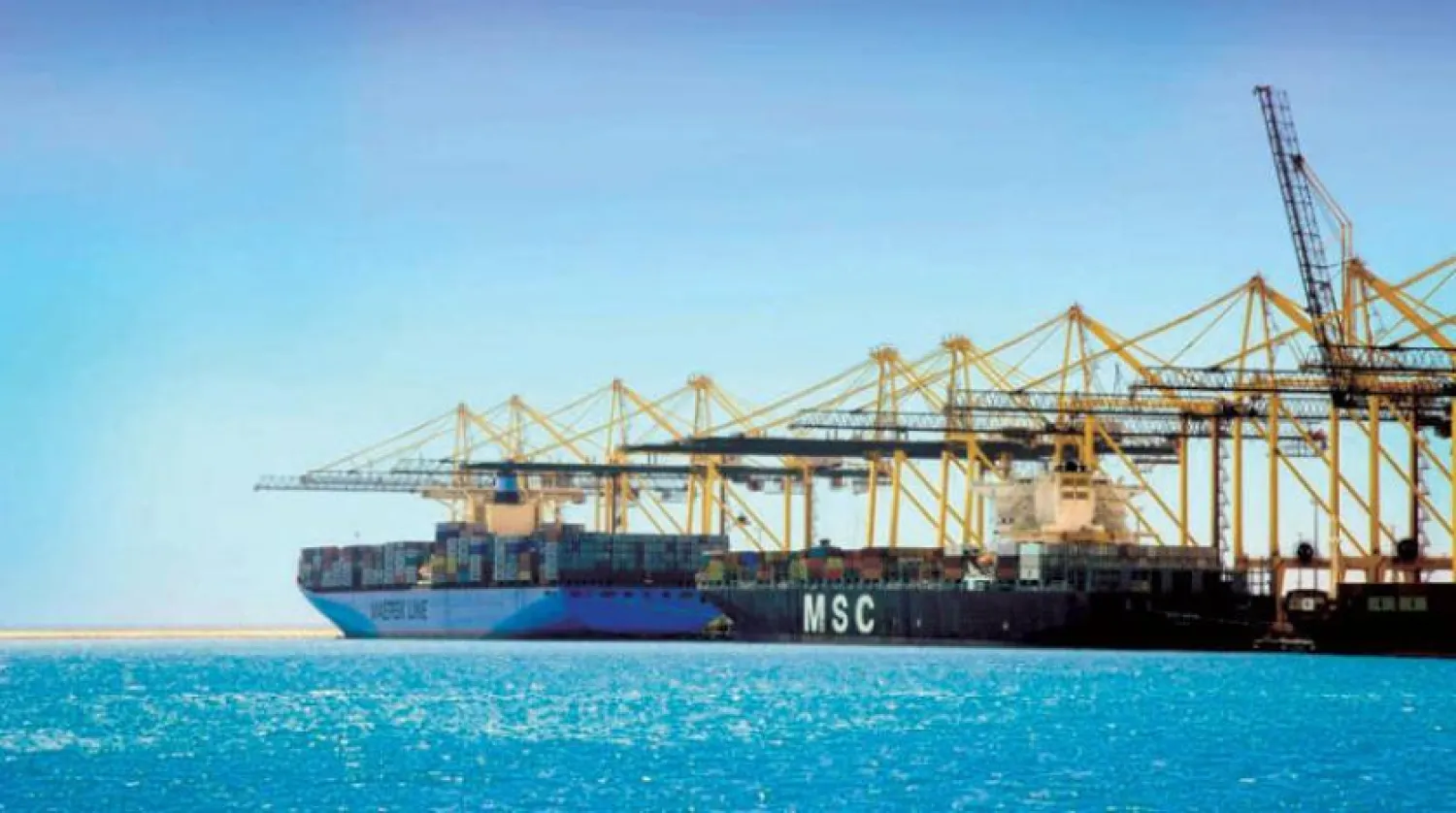The Zakat, Tax and Customs Authority (ZATCA) set the customs measures and requirements for the establishment of duty-free markets, when necessary, at air, sea and land ports, pursuant to the GCC Unified Customs Law.
In a statement, ZATCA said these requirements are linked to the operation and licensing of duty-free markets.
These rules and requirements followed the Cabinet’s decision, which will contribute to supporting supply chains and improving the logistics services provided for duty-free markets. It will do so by providing a wide range of goods and products for shopping while traveling.
Moreover, duty-free markets will allow additional selling channels for local companies. This will support and contribute to the promotion of national products by displaying them in the sales halls.
According to ZATCA, duty-free markets are currently found in the departure terminals of several airports, such as King Abdulaziz International Airport, King Fahd International Airport, and Prince Mohammad bin Abdulaziz International Airport in Madinah.
The authority added that it seeks to expand the presence of duty-free markets as needed in the air, sea, and land ports. It said it would do so in coordination with the legal authorities in customs ports.
Duty-free markets are defined as retail outlets that allow travelers to purchase goods and products that are permitted to be traded in the Kingdom, which are subject to exemption from customs duties or taxes, in accordance with the provisions of the relevant regulations, as stipulated in Article 78 of the Unified Customs Law and Paragraph 1 of Article 12 of the Duty-free Markets Rules System.
On the other hand, ZATCA added that tax exemptions differ from one country to another, based on the location of the duty-free market (arrival or departure terminals).









